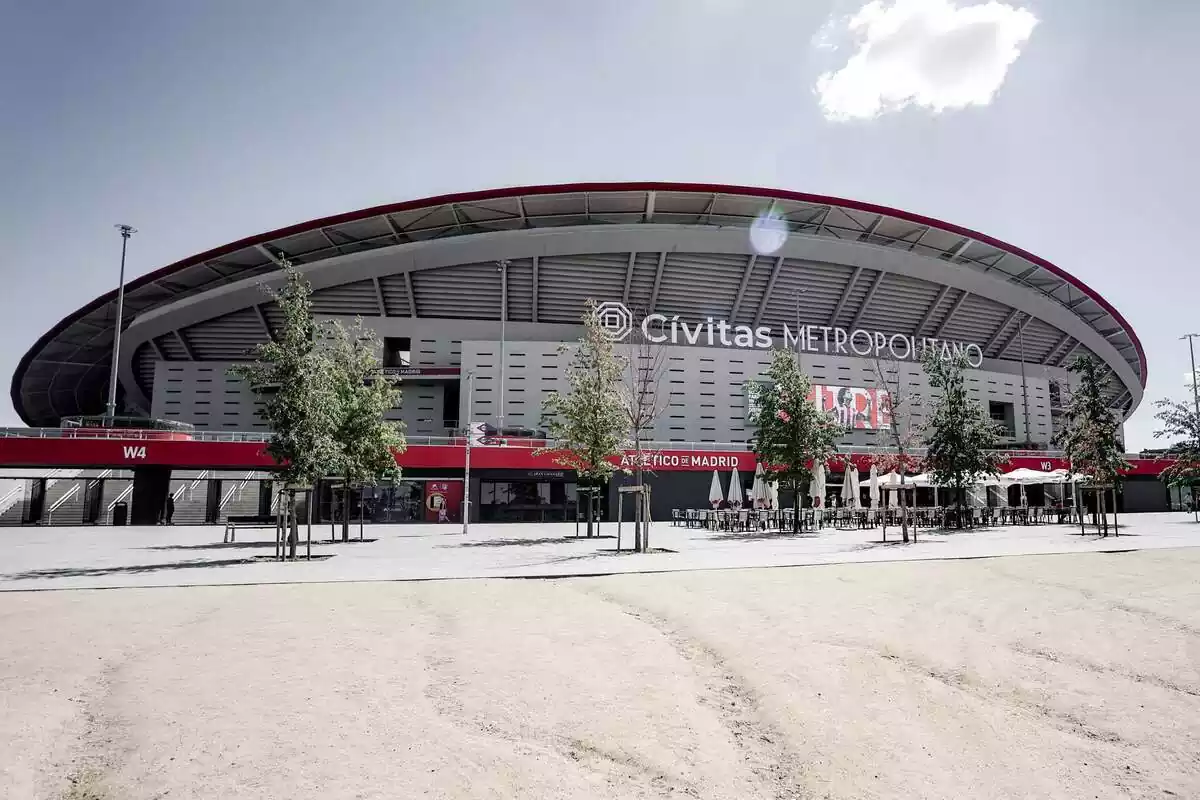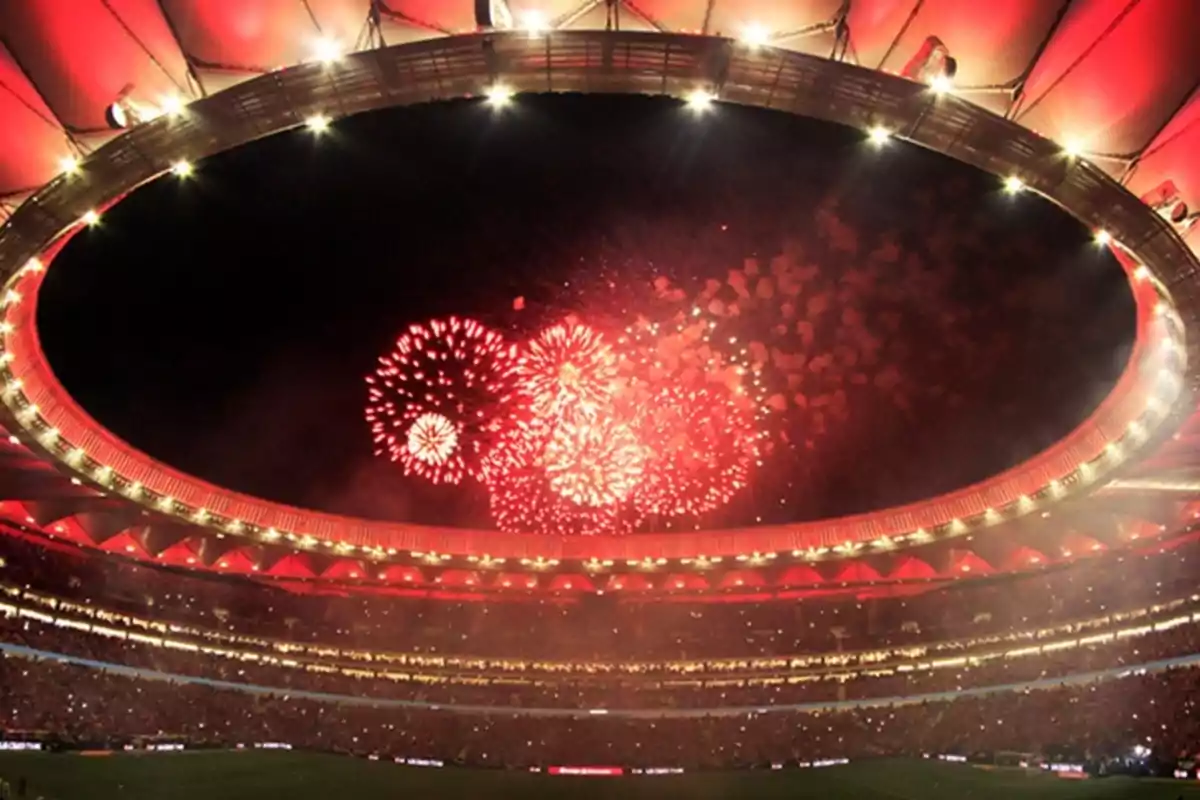The rivalry between Atlético de Madrid and Real Madrid is not limited to the pitch; it also extends to the management of their stadiums and events. Recently, Florentino Pérez, president of Real Madrid, proposed that the Cívitas Metropolitano host the concerts that cannot be held at the Santiago Bernabéu. However, Enrique Cerezo, president of Atlético, has given a clear and forceful answer: no.

Real Madrid's decision to reschedule its events and concerts at the Bernabéu is due to the need to comply with current municipal regulations. According to the club, this action reaffirms its commitment to the city and the well-being of its citizens, beyond what some might consider "anti-Madrid noise". However, this measure left several concerts, including those of Aitana and Lola Índigo, up in the air.
Cerezo rejects Madrid
Faced with this situation, Florentino did not hesitate to look for solutions and considered the Atlético de Madrid stadium as a possible alternative. However, what seemed like a gesture of good will was met with a resounding refusal. Cerezo, in response to the proposal, assured that Atlético cannot host non-sporting events until the end of the season. The main reason is the preservation of the Cívitas Metropolitano grass, vital for the team's performance in matches.
This refusal by Cerezo is not surprising, as the rivalry between the two clubs is intense. Stadiums are not only sporting venues, but they represent the identity and culture of each club. Therefore, Atlético prefers to protect its turf and its integrity as a club.
Atleti above all
Atlético's response reflects a clear strategy. Over the years, Cerezo has defended the club's heritage, and this time has been no different. The decision not to give up the stadium for concerts is a way of maintaining the club's autonomy and reaffirming its independence from its eternal rival. The Cívitas Metropolitano, which has been a symbol of Atlético's modernisation and growth, will not be used for events that could affect its main function: hosting football matches.

This conflict underlines the tensions that exist in the city between the two teams. While Real Madrid is looking for alternatives to manage its events, Atlético is sticking to its guns. This is not only a reflection of the sporting rivalry, but also of how each club manages its image and its relationship with the community.

